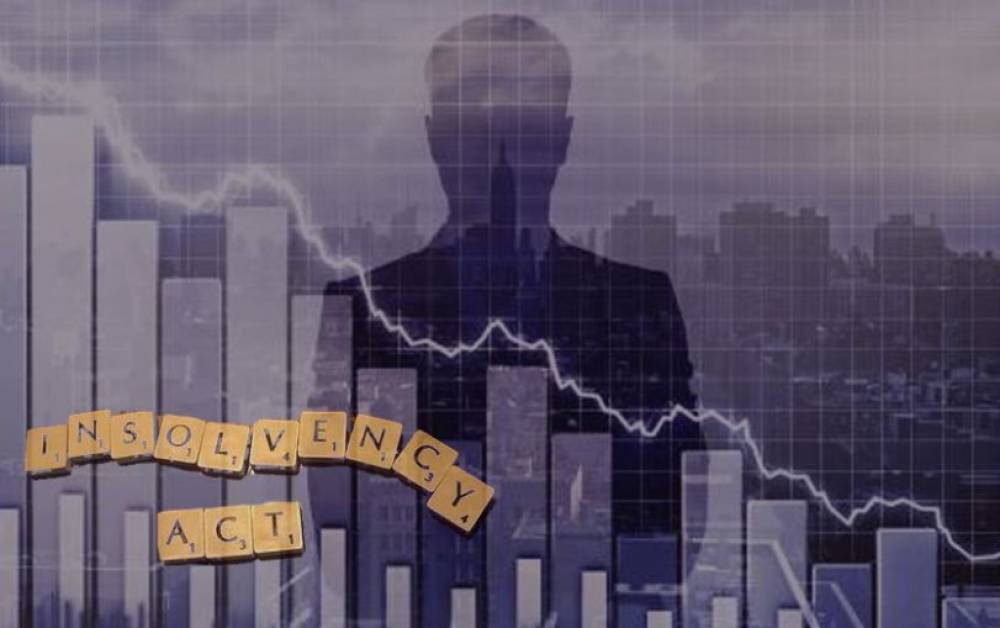What Are The Acts of Insolvency in India
- February 08, 2019
- Registrationwala

- Home
- /
- Knowledge Base
- /
- Insolvency
- /
- Bankruptcy
- /
- What Are The Acts of Insolvency in India
What Are The Acts of Insolvency in India
Insolvency is a state of being insolvent. This blog discusses several acts of Insolvency in India that can act as fuel to Insolvency resolution proceedings.
The insolvency and Bankruptcy laws in India are placed to address the cases of the individuals or companies who are not able to repay their debts. The goals of these laws are:
- Protection of the insolvent debtor
- Ensuring the creditors are repaid their debts in an expedited and fair manner
- Discharge the insolvent debtor of the creditor’s demands.
The insolvency laws accomplish the above goals through the insolvency resolution process. This process can only be initiated through an insolvency petition. Through this blog, we are going to tell you about the acts of insolvency that can prompt you to initiate the insolvency proceedings:
Following are the considered to the acts of insolvency
- Not replying to section 8 demand notice: There are three kinds of replies of a section 8 demand notice. If the debtor doesn’t reply with any of the following responses:
- Evidence of dispute
- Repayment
Then, this prompts the debtor or the creditor to file the insolvency petition.
- Transfer of all the property: If the individual transfers all the property to a third person to benefit their creditors.
- Intent to delay the creditors: if the reason behind property transfer is an insidious one: the intention towards delaying the creditors.
- Committing Fraud: If the property transfer is void i.e the property transfer is fraudulent, the person is declared insolvent.
- Absent debtor: If bearing the intention to delay the creditors the debtor leaves the country, then the debtor is declared as insolvent in this case.
- IF the debtor has filed for insolvency: If the debtor has himself filed for insolvency under section 9, then he is deemed insolvent.
These are the conditions in which a debtor is deemed insolvent.
- 4297 views
